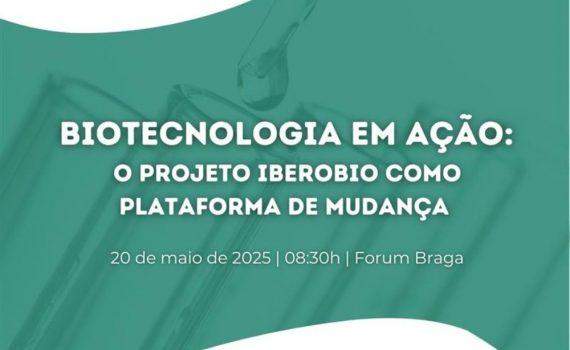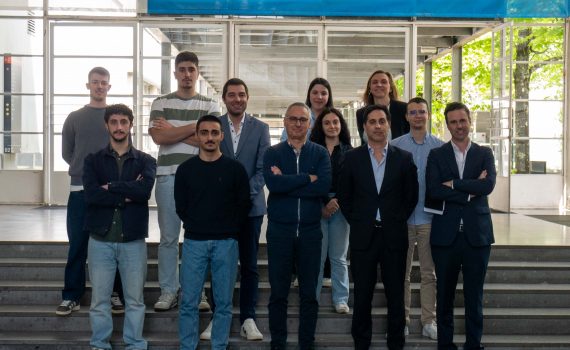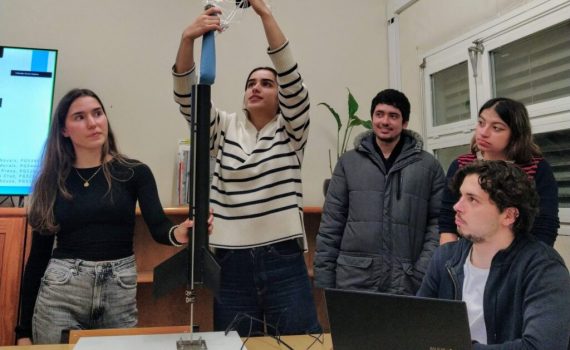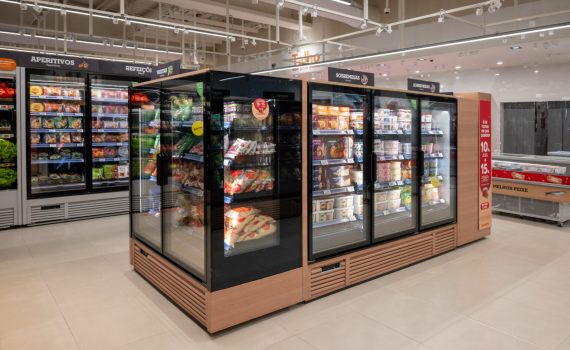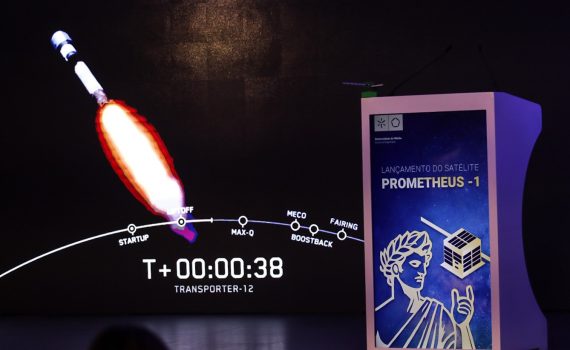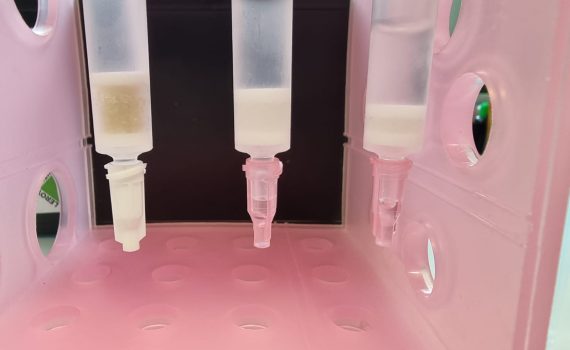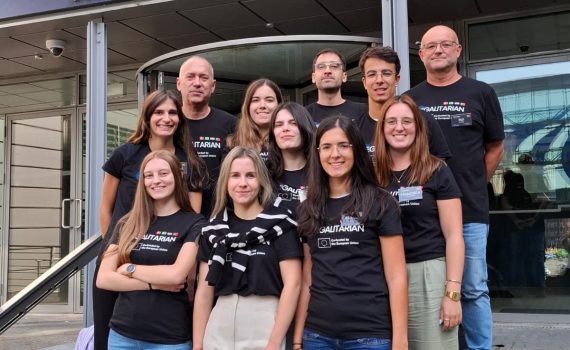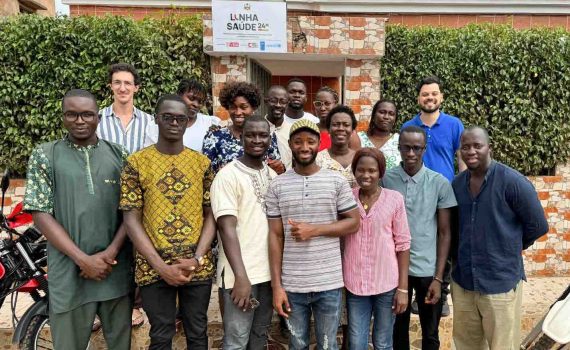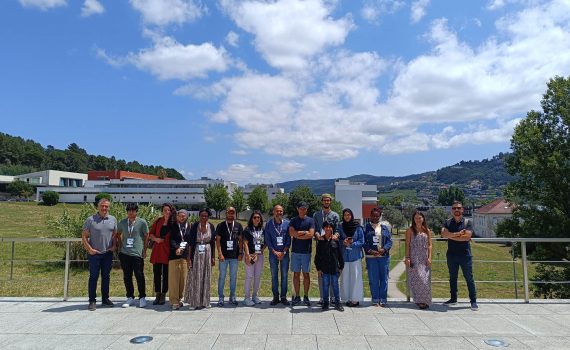The “Biotechnology in Action” conference, part of the Economy Weeks, showed at Forum Braga how collaboration between science, companies and innovation is shaping the future of the bioeconomy in Portugal. The event featured speeches by António Vicente, Vice-President of the School of Engineering and researcher at CEB – Centre for […]
Projects
The School’s cooperation with local, national and foreign industries, local authorities and public and private entities is normally developed through direct contact with Research and Development (R&D) groups at Research Centres and public or private interface organisations. The School of Engineering places a high priority on this type of activity, […]
UMinho’s School of Engineering is working on a hybrid artificial intelligence model for Singapore and is developing the project for the European Green Capital. It was revealed at the 2nd International Meeting on Environmental Education, held on 27 February at the Landscape Laboratory in Guimarães, that the award for European […]
The School of Engineering at the University of Minho (EEUM) has created a programme of suborbital launchers to develop and test systems that climb to an altitude of up to 100 kilometres at the edge of the Earth’s atmosphere. In a statement, UMinho said that the project hopes to launch […]
Hugo Novais, Inês Morais, Inês Presa, Mariana Cruz and Rômulo Souza, 2nd year students on the Master’s programme in Aerospace Engineering, presented a solid fuel rocket as their final project. The work was carried out in the second edition of the Launcher Design and Engineering Curricular Unit (CU) and is […]
School of Engineering student Vipin Richhariya has developed a high-performance shoe sole for icy surfaces with ‘Biomimetic anti-slip adhesion, based on the capillarity of water’, and inspired by the animals Gecko and frog. This could be a solution to injuries caused by slips and falls on ice. The plantar pads […]
The world’s largest autonomous shop was inaugurated in Leiria, a reality that was born as part of the PT Smart Retail Project, in which the ALGORITMI Centre is integrated. Together with the Jordão company, based in Guimarães, the ALGORITMI Centre has incorporated the process of research and creation of technologies […]
The University of Minho’s PROMETHEUS-1 satellite was launched on 14 January from the Vanderberg Spaceport in California, USA, on a Space X Falcon 9 rocket. The space object will remain at an altitude of around 500 kilometres and will collect useful data for the academic and scientific community. The launch […]
It’s an innovation that will improve food safety and help prevent health risks. The Myco-ProAffinity Project, led by the CEB, is creating an innovative solution so that food reaches our tables more safely. How? By developing a technological platform that uses specific proteins to identify and remove mycotoxins, an invisible […]
A group of teachers and students from the 1st year of the Master’s in Industrial Engineering and Management took part in the 2nd edition of the EGALITARIAN project, which took place from 26 to 30 August in Denmark. In addition to the University of Minho, the EGALITARIAN project, funded by […]
INESC TEC is one of the partners of the project “Linha de Saúde 24h”, a free healthcare telephone service for the population of Guinea-Bissau. In a country with hard-to-reach locations, this solution – available to two million people approximately – is vital to support the National Healthcare System. Ensuring equitable […]
As part of the European STEAMigPOWER project, coordinated by the School of Engineering at the University of Minho, a training programme was held in Gualtar from 12 to 19 July, comprising courses in the areas of the environment, climate change and sustainable development, as well as an introductory programme in […]
